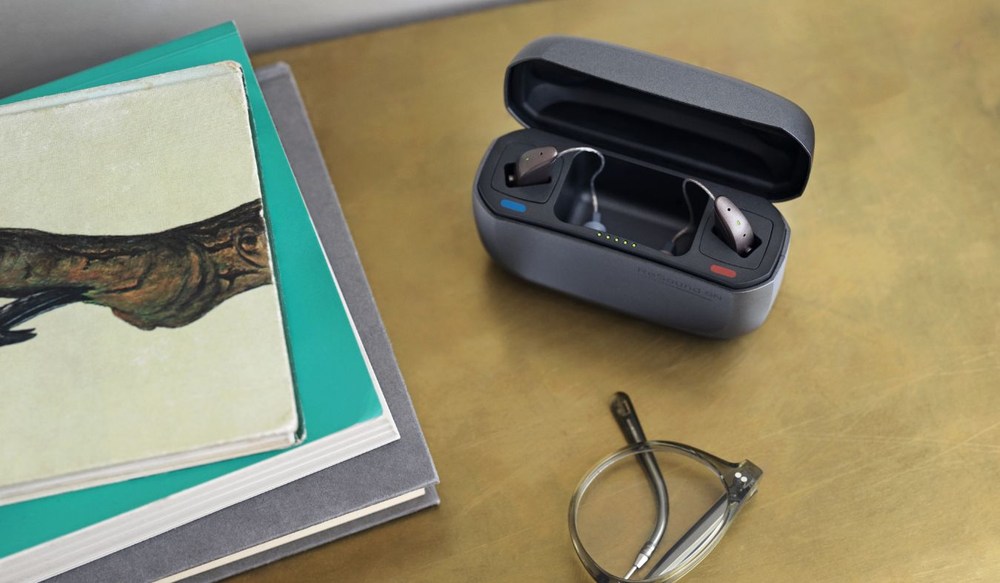Hearing Health Tips for New Parents
As a new parent, you’re already keeping track of feeding schedules,
Westerly Office Coming Spring 2025 at 35 Wells Street! Stay tuned for more info!


As a new parent, you’re already keeping track of feeding schedules,

Cold weather brings plenty of opportunities for fun, from skiing and

Ever find yourself getting lost in your favorite playlist while working,